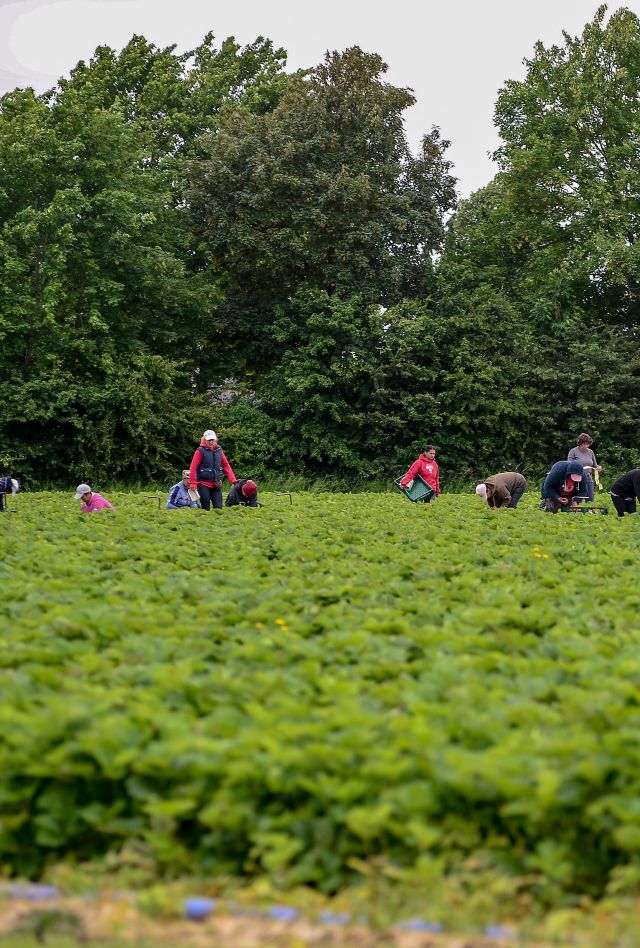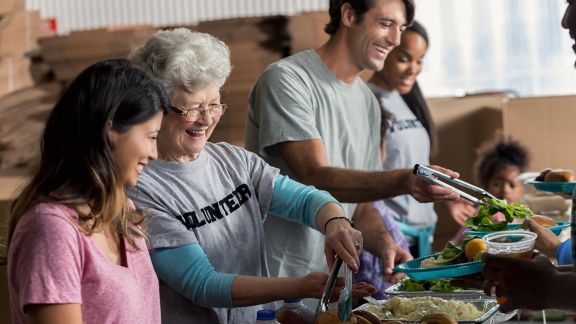Addressing Vaccine Hesitancy & Health Disparities Among Rural Farmworkers

Problem
Farmworkers have been disproportionately affected by COVID-19 and face barriers to health care.
Rural, low-income farmworkers face many health care disparities. They have been particularly hard hit by the COVID-19 pandemic, experiencing disproportionally high COVID-19 death and hospitalization rates. They also face many barriers to accessing health care—including social stigma and limited access to culturally and linguistically responsive information on COVID-19—and encounter logistical, cultural, and linguistic barriers to effectively engaging with health care providers, such as accessing services during non-traditional work hours. These health care access barriers were further exacerbated by the prevalence of misinformation and myths in the media about the COVID-19 vaccine and historical mistrust of government institutions, leading to heightened vaccine hesitancy within the farmworker community.
Solution
NORC is leveraging existing Head Start infrastructure to distribute COVID-19 vaccines to farmworker families and documenting health disparities.
In response to the pandemic’s disproportionate impact on farmworkers, the W. K. Kellogg Foundation has awarded NORC and the National Migrant and Seasonal Head Start Association (NMSHSA) a grant to leverage existing Migrant and Seasonal Head Start (MSHS) infrastructure to facilitate the equitable distribution of COVID-19 vaccines. The project has three aims:
- To leverage the national network of 26 rural MSHS programs and over 400 individual centers located across 34 states to facilitate the distribution of COVID-19 vaccines.
- To document the range of historical health care disparities farmworkers have faced, their perceptions about the COVID-19 virus and vaccines, and to what degree they are hesitant about receiving the COVID-19 vaccinations.
- To document an innovative public health model that leverages the trusted relationships between MSHS programs and farmworker families to overcome historical disparities and vaccine hesitancy, thereby increasing the rates of COVID-19 vaccinations to farmworker families.
Result
Our documentation will inform efforts to reduce health care disparities among rural farmworker families.
We will use the data from this study to develop research-to-practice briefs that outline key findings, lessons learned, and actionable public health solutions that improve health care access and service delivery for farmworkers. In addition, our partnership—particularly our reliance on MSHS infrastructure—could serve as a public health model for mobilizing other trusted service provider networks to effectively engage culturally and linguistically diverse populations across the country.
Related Tags
Project Leads
-
Meghan Woo
Principal Research ScientistPrincipal Investigator -
Brooke Rumper
Senior Research ScientistProject Director








